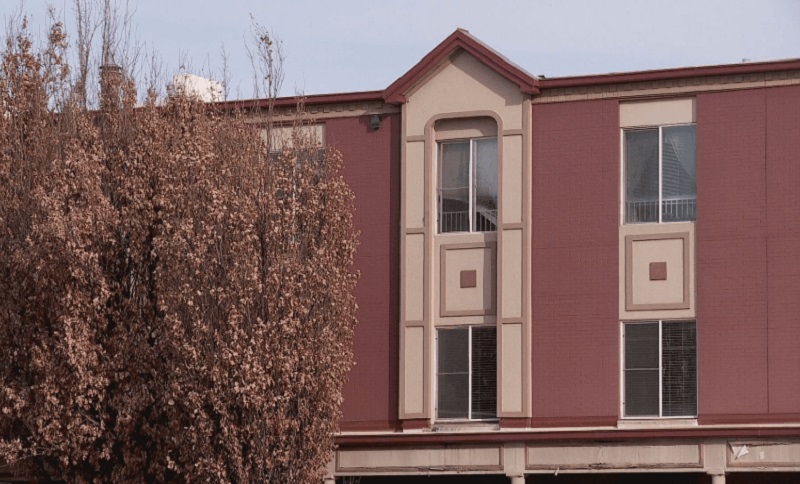Salt Lake City, Utah – A new project aimed at providing housing for single homeless individuals in Salt Lake City is drawing both attention and concern. The proposed development, slated for the site of Palmer Court south of downtown, could cost up to $335,000 per apartment, bringing the total project cost to approximately $67 million. A significant portion of the funding may come from taxpayer dollars, prompting debates over the cost-effectiveness of the initiative.
The Road Home, a non-profit organization working to address homelessness in Utah, has requested “seed” funding from the Utah Homeless Services Board to begin the planning and development process for the project. The group aims to create affordable housing for homeless individuals by transforming the aging Palmer Court, a former hotel turned homeless shelter. However, Palmer Court has faced increasing criticism from neighbors due to reports of crime and safety concerns in the area.
At a recent meeting in January, The Road Home’s Executive Director Michelle Flynn emphasized the urgency of the project, urging state officials to collaborate on the plan. Flynn acknowledged that while the final design is still in the works, initial estimates suggest the project would cost $335,000 per unit in the current construction climate. Despite the hefty price tag, Flynn expressed confidence in securing private funds for the construction phase.
In a statement to local news outlet 2News, Flynn stated that The Road Home would make another presentation to the Homeless Services Board in two weeks, although it remains unclear whether the organization plans to reduce the estimated costs. For now, the group is focused on securing funds for pre-development support.
Salt Lake City Mayor Erin Mendenhall has voiced her support for the apartment project, but the full Homeless Services Board has yet to approve public funding for the initiative. The board has not made any official commitment, and leaders are continuing to weigh the potential costs and benefits.
The project has raised questions about the use of public resources for homelessness services. According to estimates from five years ago, Utah spends approximately $200 million annually in public funds to support homeless services. Proponents of the new apartment plan argue that investing in permanent housing for the homeless could reduce long-term service costs and improve outcomes for individuals experiencing homelessness.
Meanwhile, concerns about the feasibility and cost-effectiveness of the project persist. Salt Lake City resident and community advocate Tim Behunin suggested that an alternative approach could involve “micro-shelters,” which could provide shelter for as many as 28 individuals at the cost of just one apartment unit. These micro-shelters, which would be about 80 square feet per unit, could be built for around $12,000 each.
While the debate continues, the need for affordable housing for homeless individuals remains a pressing issue in Salt Lake City. As The Road Home prepares to continue its discussions with state officials and stakeholders, the future of the proposed apartment complex hangs in the balance.

